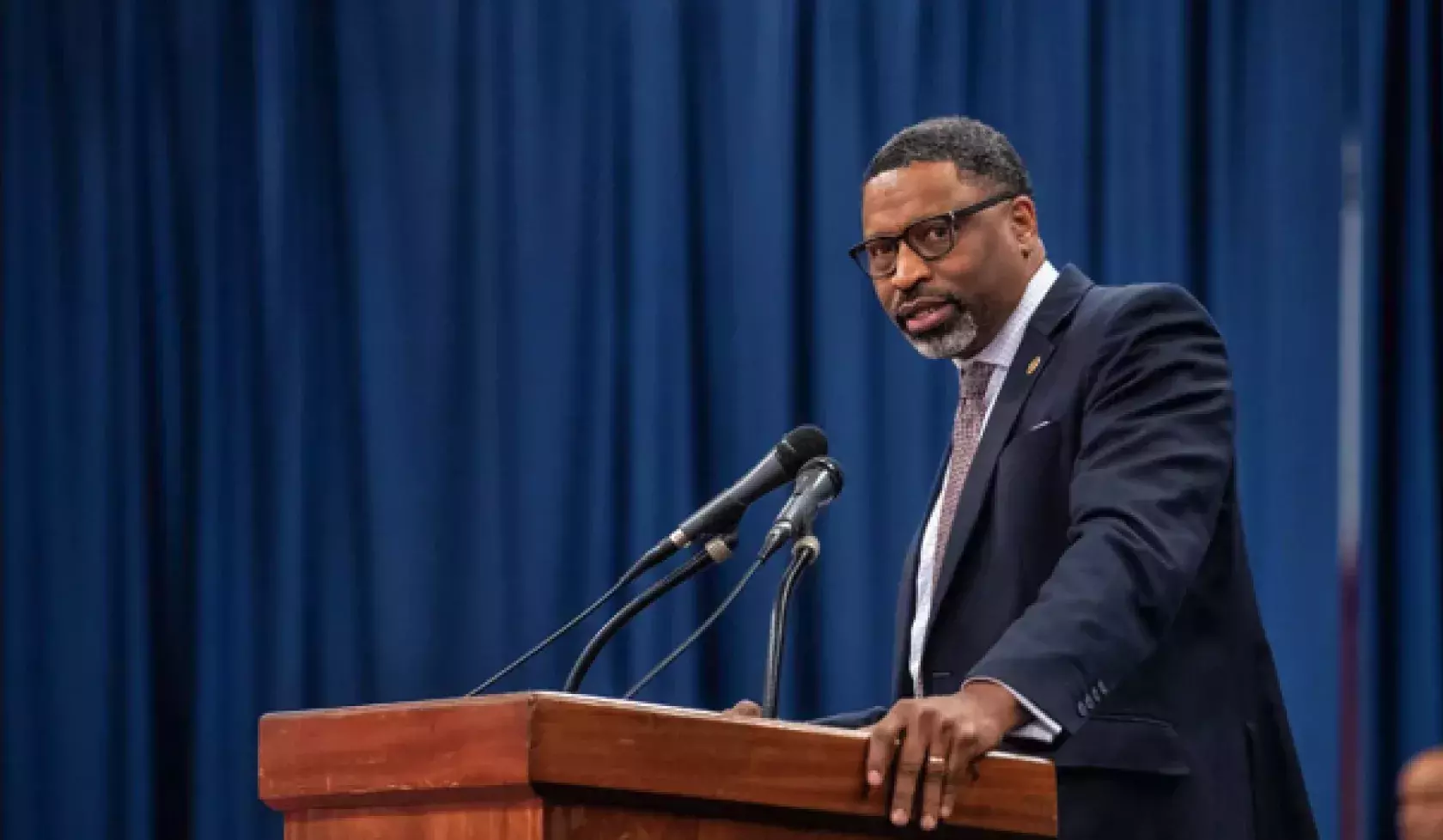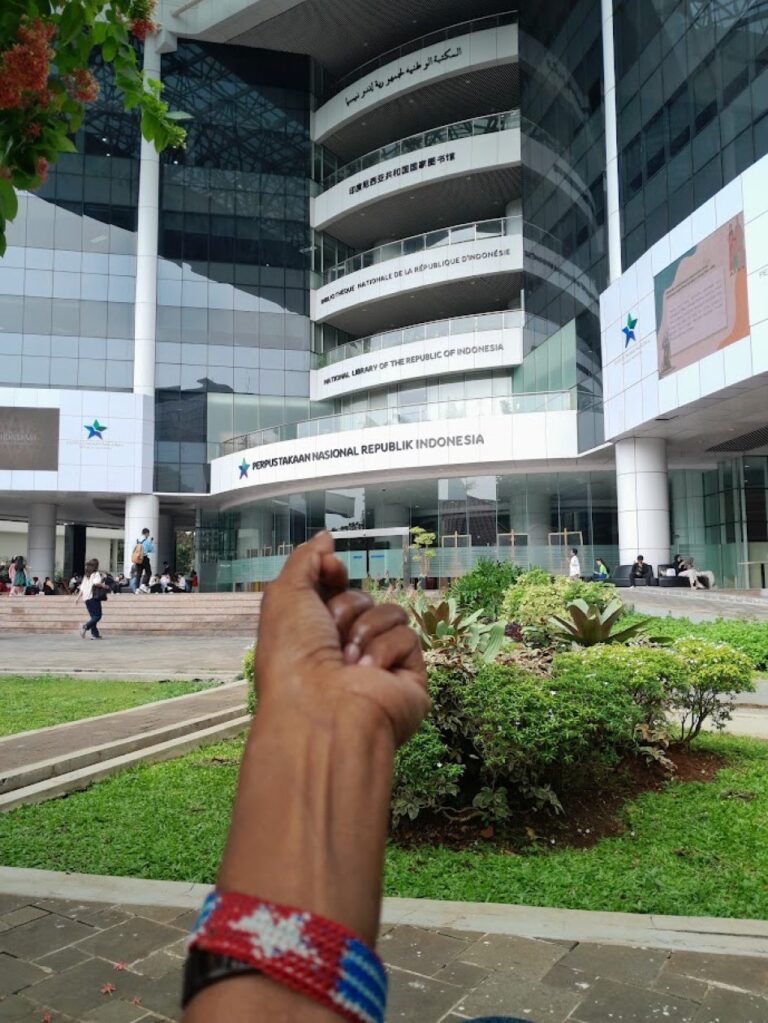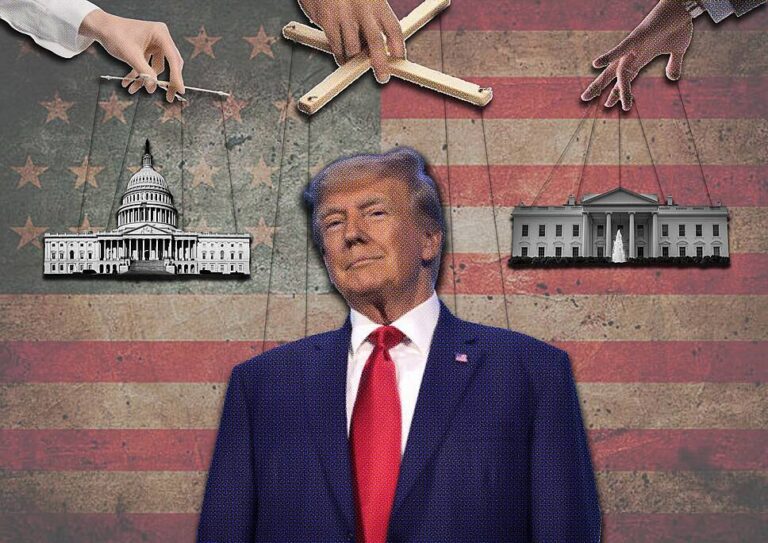NAACP President Denounces Racist Text Messages Targeting Black Americans
NAACP President Speaks Out Against Racist Text Messages
The digital age has transformed our lives in countless ways. While we enjoy the convenience of instant communication, it has also become a platform for spreading harmful and hateful content. Recently, the NAACP (National Association for the Advancement of Colored People) President, Derrick Johnson, raised his voice against a troubling trend—racist text messages targeting Black Americans. This issue goes beyond mere annoyance; it strikes at the heart of civil rights and social justice.
Understanding the Issue
Imagine waking up to find your phone inundated with messages that demean your identity. Frightening, right? That’s the reality for many Black Americans who have received these derogatory texts. The NAACP has vehemently condemned this wave of negativity, unveiling not just the content of these messages but also the destructive intent behind them. They serve as a reminder that while we may have made significant strides toward equality, we still face an uphill battle against systemic racism.
What Are These Text Messages?
You’re probably wondering, what exactly do these messages say? Well, without diving into the abyss of hurtful language, they vary from stereotypes to outright hate speech aimed specifically at Black individuals. These texts are not only offensive; they amplify the social divides that many have worked tirelessly to bridge.
Some of these messages carry a chilling sense of urgency, attempting to incite fear or manipulate opinions, particularly around important political events. Indeed, this tactic is not new; it echoes the discriminatory campaigns of yesteryears but has now seeped into everyday technology.
The Impact of Digital Racism
Just as a pebble creates ripples in water, so too does the impact of these racist messages spread across society. The emotional and psychological toll on their recipients can be devastating. Every time someone receives a message denigrating their race or culture, it chips away at their self-esteem and fosters lingering distrust in society. In essence, it becomes a vicious cycle of fear and resentment.
A Call for Action
Derrick Johnson and the NAACP are urging for concrete actions to combat this ugly trend. It’s not enough to simply condemn; we must act. Here are some essential actions that can be taken:
- Reporting: Encourage recipients of these messages to report them to their service providers and local authorities.
- Awareness: Community outreach to educate people about the implications of sending or endorsing such messages.
- Support Networks: Establish programs that offer emotional support to those targeted by racism.
- Legal Measures: Explore legislative avenues to make sending hate messages punishable by law.
- Community Empowerment: Engage community leaders and organizations in dialogues to foster understanding and unity.
Taking these steps could help in creating a culture that dares to defy racism in all its forms.
The Role of Technology Companies
While smartphones have revolutionized how we communicate, they’ve also facilitated the spread of harmful rhetoric. So, where do tech companies fit into this narrative? They have a responsibility to monitor and regulate the content shared on their platforms to ensure that harmful messages do not spread unchecked.
The Responsibility of Social Media Platforms
In one way, social media companies are the gatekeepers of information. We rely on them to keep harmful content at bay. But do they do enough? The recent backlash against racist texts begs the question of whether platforms implement robust mechanisms to detect and remove such messages swiftly.
Imagine a world where the algorithms we interact with prioritize not just engagement but ethical communication! If these companies took a strong stand against hate speech, it would significantly reduce the prevalence of such messages.
Education as a Tool Against Racism
It can’t be underscored enough: education is key to tearing down the walls of ignorance. The more we learn about racism, its historical context, and its modern implications, the better equipped we are to confront it.
Initiatives That Can Make a Difference
-
School Programs: Incorporate anti-racism education into school curriculums from an early age.
-
Workshops and Seminars: Conduct community workshops aimed at education and engagement.
-
Support for BIPOC Communities: Create avenues for funding and supporting initiatives that uplift marginalized voices.
- Collaborative Efforts: Partner with local organizations, schools, and businesses to spread the message of unity.
By investing time and resources into education, we empower future generations to reject hate at its roots.
The Community’s Role
Have you ever thought about how much power lies within a community? When local groups band together, they form an iron wall against negativity. Community involvement can play a pivotal role in addressing the occurrence of racist text messages.
Creating a Culture of Unity
-
Local Advocacy Groups: Supporting organizations like the NAACP helps build a network to tackle these pressing issues.
-
Neighborhood Watch Programs: Establish initiatives to monitor and report any occurrences of hate speech or discrimination.
-
Open Forums: Create spaces for dialogue where people can discuss their experiences with racism and seek solutions collectively.
Engaging the Youth
As new generations come of age, one of the best ways to keep the torch of advocacy alive is by engaging young people in these discussions. They are the future, after all! You can organize:
-
Youth Empowerment Workshops: Focus on skills like public speaking and advocacy.
-
Social Media Campaigns: Develop campaigns led by young voices targeting the issue directly.
By fostering youth engagement, we ensure a continuous cycle of activism against racism.
Conclusion
The disturbing rise of racist text messages sent to Black Americans serves as a chilling reminder that work remains to be done in the fight for equality. Yet, within this darkness lies an opportunity for change—a chance to educate, empower, and incite action. Derrick Johnson’s condemnation of these messages isn’t just about words; it’s about rallying a community.
Together, let’s take a stand against all forms of racism, especially in the digital arena. By fostering strong communities, advocating for legislative action, and educating ourselves, we can aim for a society that cherishes and upholds the dignity of every individual, regardless of their race.
Frequently Asked Questions (FAQs)
-
What are the main types of racist text messages being reported?
Racist text messages often include derogatory stereotypes, hate speech, and attempts to incite fear or manipulation around socio-political issues. -
How can I report such messages if I receive them?
You can report these messages to your mobile carrier and local law enforcement. Documentation may be required, so take screenshots if possible. -
What steps is the NAACP taking to address this issue?
The NAACP emphasizes education, community support, awareness campaigns, and legislative action to combat these hateful messages.
-
What role can technology companies play in preventing the spread of these messages?
Technology companies can enhance their moderation systems, implement strict policies against hate speech, and ensure effective reporting mechanisms are in place. -
Why is education critical in combating racism?
Education builds awareness and understanding of racism’s impact, helping to dismantle stereotypes and fostering a culture of respect and empathy among different communities.







